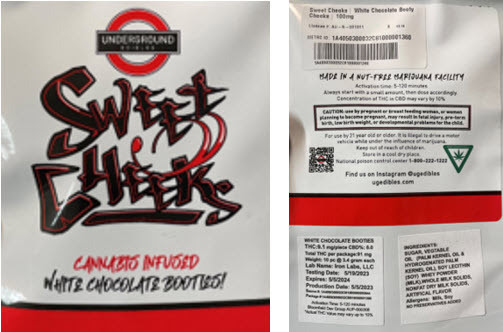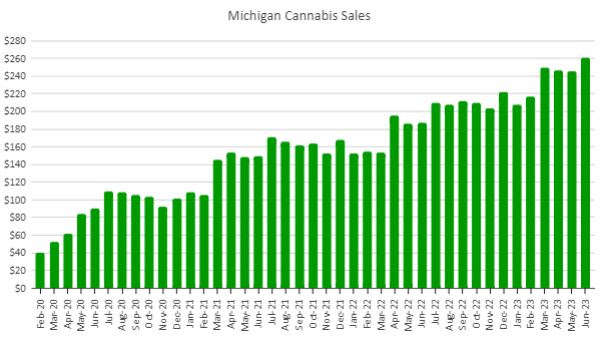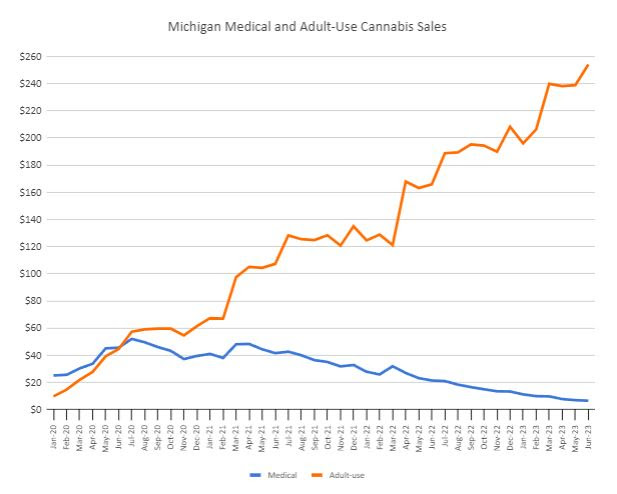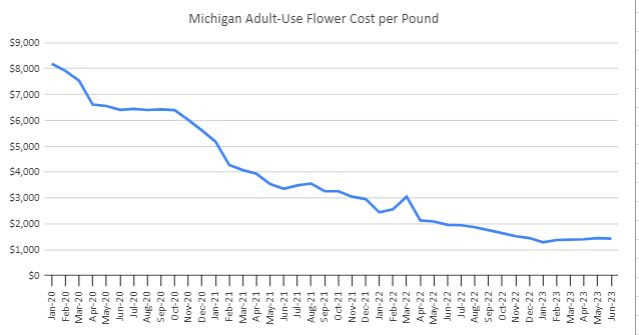CRA Notifies Consumers of Voluntary Marijuana Product Recall for Sales Locations in Adrian and Gould City
November 20, 2023 – In the interest of public health and safety, Bloomfield Development Group Grow, LLC (AU-P-000308) – in coordination with the Cannabis Regulatory Agency (CRA) – is voluntarily recalling a limited number of marijuana-infused edibles. The recall bulletin can be located here.
The marijuana-infused edibles are being recalled because the producer could not provide evidence the product is homogeneous, and the product exceeds the maximum dose of 10mg of THC per serving. In the statewide monitoring system (Metrc), the product is spelled “Sweet Cheeks White Chocolate 10 pc” and as “Sweet Cheeks” on the product packaging.
The product was sold between the dates of 6/16/2023-10/17/2023 and has an expiration date of 5/5/2024.
 |
The recall applies to the marijuana product sold at the following locations:
METRC TAG: 1A4050300032C81000002408
Endo (AU-R-000653)
307 E Beecher St, Adrian, MI 49221
METRC TAG: 1A4050300032C81000001360
Bloomfield Development Group Grow LLC (AU-R-001011)
17812 US HWY 2, Gould City, MI 49838
The above sales locations must display this recall notice on the sales floor, visible to all consumers, for 30 days from the date of this notice.
Consumers who have these products in their possession should return them to the marijuana sales location for proper disposal. Consumers who have experienced adverse reactions after using these products should report their symptoms and product use to their healthcare providers.
Consumers are encouraged to also report any adverse reactions to marijuana product to the CRA by completing this Adverse Reaction Form and submitting it according to the instructions included or by phone at 517-284-8599.
A licensee that becomes aware of any adverse reactions to a marijuana product must notify the CRA and enter the information into METRC within one business day.
Questions about this recall should be emailed to the CRA’s Operations Support Section at CRA-Compliance@michigan.gov. For more information about the CRA, please visit www.michigan.gov/CRA.

















